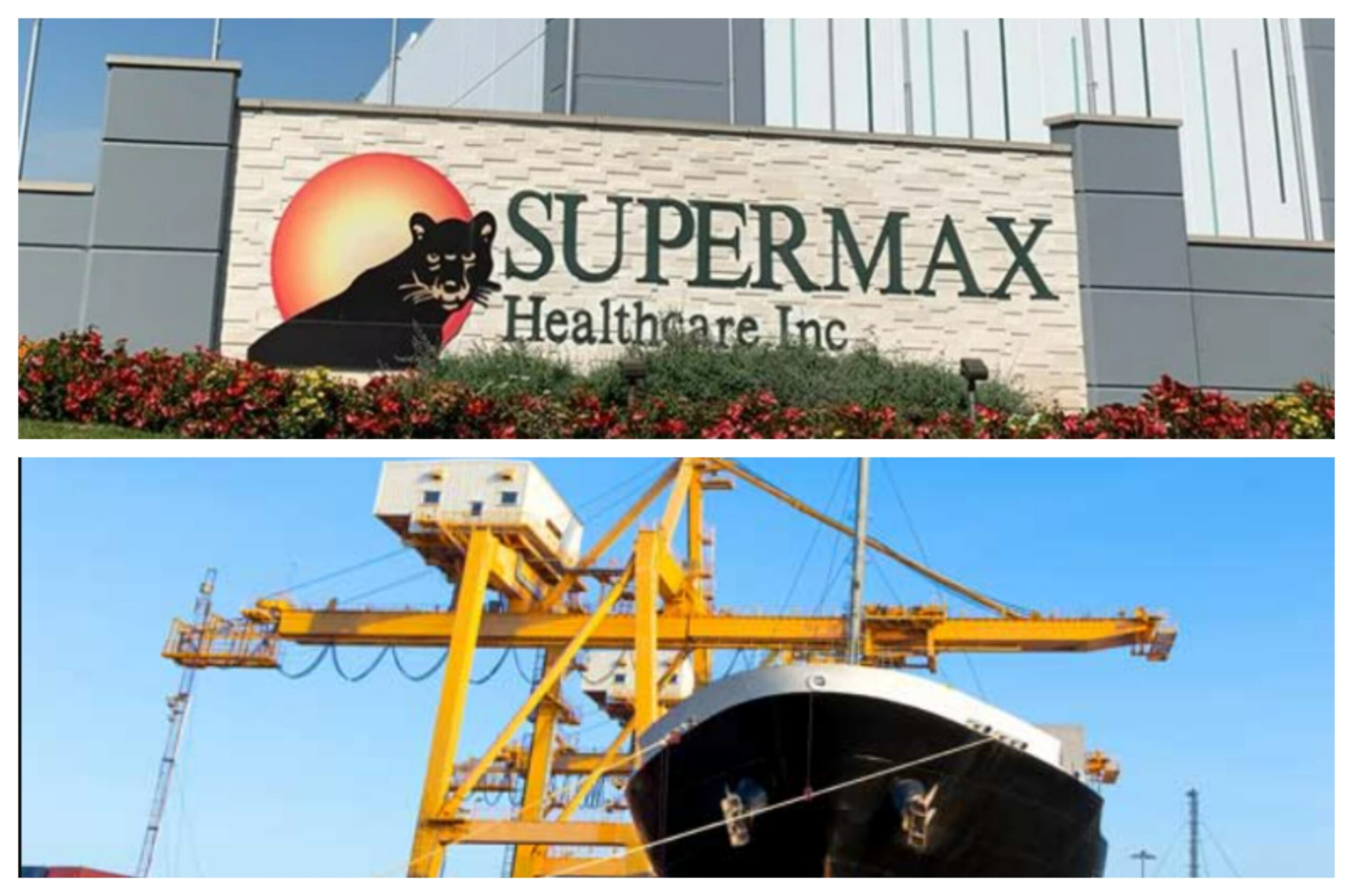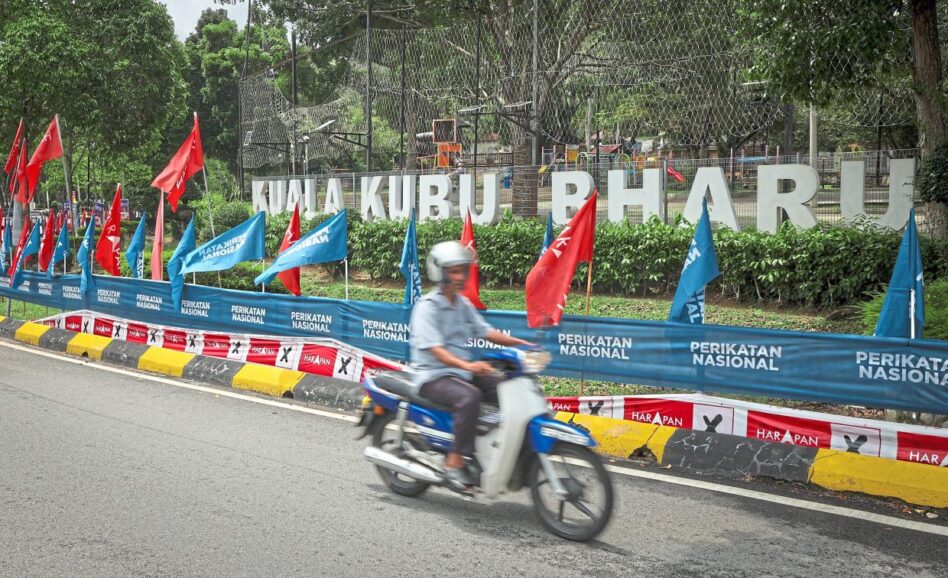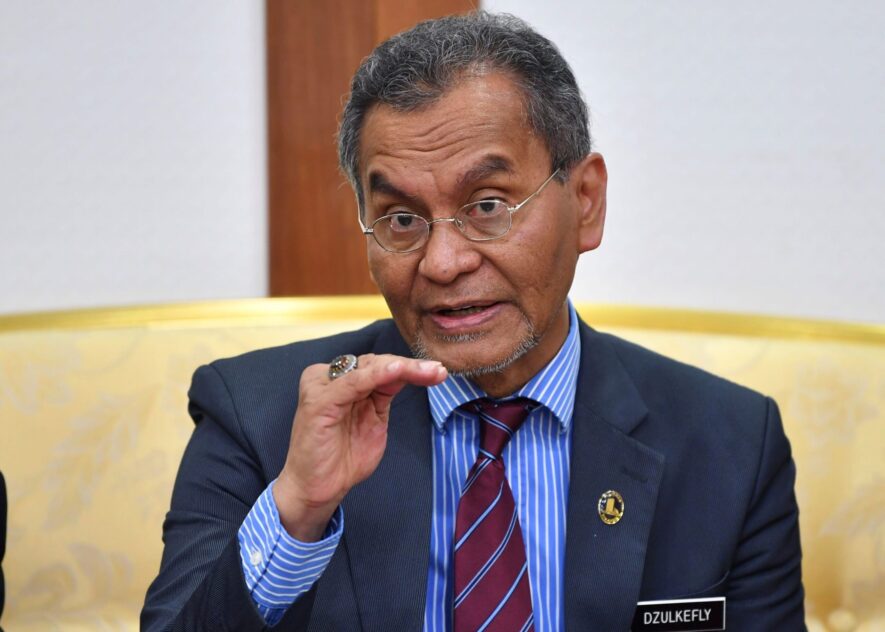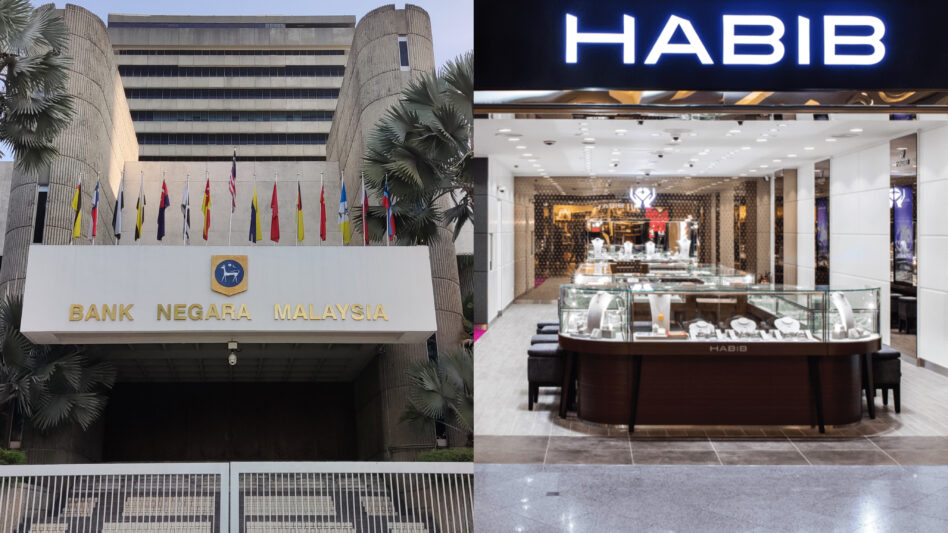WHILE Supermax Corp Bhd could resolve the import ban on its latex gloves by the US Customs and Border Protection (CNP) by doubling efforts to curb forced labour practices in its operations, there is probably no way it can circumvent the archaic 30% Bumiputera equity ownership condition in its quest to expand its business operations.
The Big Four glove maker was recently forced to abort its land acquisition plan following failure to obtain approval from the Economic Planning Unit (EPU) to waive a 30% Bumiputera equity ownership condition prior to transferring ownership of the land.
For the record, Supermax, through its wholly owned subsidiary Maxter Glove Manufacturing Sdn Bhd, had inked a sale and purchase agreement (SPA) with S P Setia Bhd’s subsidiary Bandar Setia Alam Sdn Bhd on Sept 21, 2020 to acquire two parcels of land measuring about five acres in Bukit Raja, Selangor for RM73.49 mil to build Mexter Glove’s operations headquarters.
The proposed acquisition was subject to the EPU’s approval to transfer ownership of the land upon Mexter Glove meeting the 30% Bumiputera equity ownership ruling. On May 24, 2021, Maxter Glove submitted an appeal to waive the EPU approval condition but was rejected by the EPU on Dec 15, 2021.
Following the SPA termination, Supermax said its deposit for the intended land purchase has been fully refunded by the vendor on Jan 27 with the caveat on the land withdrawn effective Jan 31.
No budging by Supermax
For argument’s sake, Supermax could have “easily fulfilled” the 30% Bumiputera equity ownership condition if it wanted to, considering its financial prowess.
After all, Supermax, which is listed on the Main Board of Bursa Malaysia, boasts a market capitalisation of RM3.2 bil (or even double that during the height of the pandemic when prices of glove stocks were soaring).
If it wanted to, Supermax could have appointed a few Bumiputera businessmen or better still, certain former politicians/senior civil servants who are able to rub shoulders with the powers that be to sit in as directors of Mexter Glove.
Surely, many forms of negotiation can then take place behind the curtain so as to enable these figure heads to own a stake in the company or to technically prevail as “qualified investors”.
But Supermax is probably not that desperate or was unwilling to compromise so to speak lest the land deal wouldn’t have fallen through.
On the hindsight, one wonders if the adage “one person’s loss is another person’s gain” had ever crossed the mind of decision makers in EPU to reject outright Supermax’s appeal to purchase the Bukit Raja land.
To this, another adage “desperate times call for desperate measures” comes to mind: the pandemic-stricken economy has hit Malaysia hard to the core with unemployment abound and shrinking revenue stream to the Government’s coffer (corporate tax collection stood at RM66.5 bil in 2020 compared to RM70.9 bil in 2019).
As such, wouldn’t it be logical for the EPU to deem Supermax’s proposed land purchase as a form of domestic direct investment in view of Malaysia’s foreign direct investment (FDI) having dwindled more than halved to RM14.6 bil in 2020 from RM32.4 bil in 2019?
Demoralising local investors
What is even more baffling is that Supermax is currently a Malaysian-owned entity while the EPU as an agency under the purview of the Prime Minister’s Department is entrusted to “plan, implement, monitor and review policies and development programmes and projects holistically towards achieving the nation’s socioeconomic goals and outcomes”.
When push comes to shove, Supermax can always re-locate or shift its headquarters to neighbouring countries – either to Singapore or to ASEAN’s rising star, Vietnam. After all, Supermax has vast experience of globe-trotting its operations.
It’s up and coming mega plant in Texas (US) that will commence construction in 1Q FY2022 will be its 18th manufacturing facility worldwide.
The group said it would invest US$350 mil (RM1.5 bil) in the project’s first phase which is expected to begin production by 4Q 2022. Located on 215 acres in Brazoria County, the project will be undertaken by Supermax’s US-based subsidiary Maxter Healthcare Inc over four phases.
In fact, another Bumiputera ownership issue had earlier reared its ugly head in late September last year only for the Finance Ministry to postpone the enforcement of a 51% Bumiputera ownership requirement for freight forwarding companies to Dec 31 following massive public outcry.
The proposed policy states that a 51% stake in all freight forwarding and logistics companies must be held by a Bumiputera representative, hence requiring non-Bumiputera companies in the industry to sell majority shares in their business to Bumiputra from the industry.
Companies that fail to do so would have their Customs brokerage licenses terminated, which would result in these freight forwarding companies unable to carry out transactions with the Customs department for the clearance of goods.
Under a 2018 review, companies whose licences registered before 1976 did not have a Bumiputera equity requirement while a 30% quota was imposed on those registered between 1976 and 1990.
Ultimately, the reluctance of EPU to approve the Bukit Raja land sale to Supermax is itself a big loss to S P Setia whose biggest shareholder is government-linked investment company (GLIC) Permodalan Nasional Bhd (PNB) who held a 26.13% stake in the property developer (as per the company’s Annual Report 2020).
Beyond PNB, this could also mean a missed opportunity for unit trusts funds that are only open for Malaysian Bumiputera investors, namely Amanah Saham Bumiputera by virtue of its 26.07% stake in S P Setia, Amanah Saham Bumiputera 2 (1.11% stake) and Amanah Saham Bumiputera 3 (Didik) (1.02%). – Feb 21, 2022










